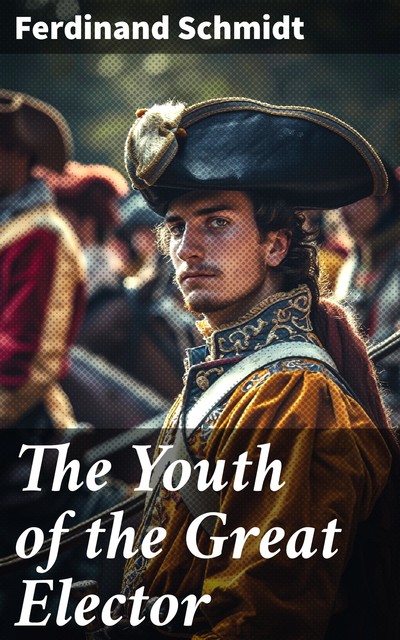In “The Youth of the Great Elector,” Ferdinand Schmidt crafts a rich narrative that explores the formative years of Friedrich Wilhelm, the Great Elector of Brandenburg-Prussia. Schmidt's literary style marries a historical lens with vivid character portrayals, immersing readers in the socio-political milieu of 17th-century Europe. The novel deftly weaves historical fact with narrative imagination, capturing the tumultuous transition from youth to leadership against the backdrop of the Thirty Years' War and the rise of absolutism, which serve as a crucible for the elector's evolving identity and ideals. Ferdinand Schmidt, a scholar of German history, draws on a wealth of archival sources and historical discourse that lay the groundwork for his exploration of personal and political identity. His deep understanding of the period is informed by his earlier academic work, which focused on the dynamics of power and the role of youth in shaping political landscapes. This expertise motivates Schmidt to convey not only the historical significance of Friedrich Wilhelm but also the intimate struggles and aspirations of a young leader destined to shape a nation. This compelling narrative is a must-read for history enthusiasts and literary admirers alike. Schmidt's engaging storytelling will resonate with anyone interested in the complexities of leadership, ambition, and identity, making “The Youth of the Great Elector” a significant addition to both historical fiction and biographical literature.


